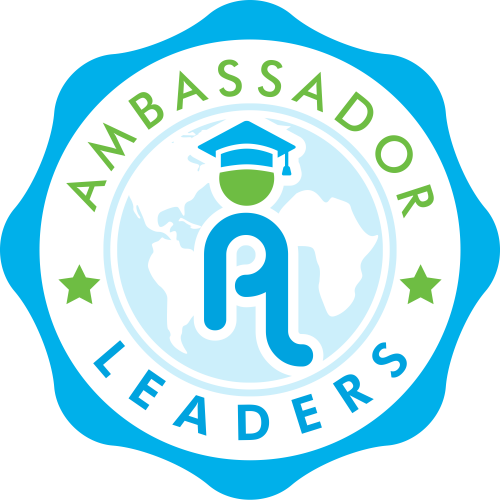Volunteerism paves the way for future leadership.
In 2018 and 2019, students attending the UCLA Leadership in Action Summit had the opportunity to hear from Christine Simmons, COO for the Academy of Motion Picture Arts and Sciences, on topics related to leadership. Prior to her 2019 keynote, she sat down with our team to share her insights. Catch up on our Keynote series by checking out Christine’s 2018 blog features.
Each Leadership in Action Summit shares common learning objectives, two of which are developing and practicing effective leadership skills and understanding the importance of service. These objectives are baked into everything students experience during their Summit, from the curriculum they complete in small groups to the Community Action Plans they present at the Summit’s conclusion.
We think of Summits as safe spaces for students to cultivate the know-how they need to become service leaders in their home communities. Through the years, we’ve also seen students leverage what they learn at Summits to gain an edge for their college and career futures.
As Christine says in the following clip, “People oftentimes don’t look at service as leadership,” but “leadership, community service and giving back are all things that have been so important not only to me but in my career.” We couldn’t agree more! Take a listen as Christine notes how Ambassador Leadership Summits promote service-mindedness and how that sets students up for lifelong success.
Among the many skills students leave the Summits with, skills they can continue to cultivate through volunteerism and ultimately use in their careers, are the ability to be courageous, to network, and to innovate.
STEPPING OUT OF THEIR COMFORT ZONES
Whether it’s their first day as a volunteer or in a new job role, students who attend a Summit are well-versed in stepping out of their comfort zones. Not only do students arrive from around the world as strangers to one another — a huge leap for many students — they also complete a ropes course challenge and experience college life firsthand, all while being away from the comforts of home and family.
Of course, the more you do something, the easier it becomes. By practicing stepping outside of their comfort zones at the Summits, students are better prepared to fearlessly pursue leadership opportunities in their communities and careers as young adults.
BUILDING A NETWORK OF LIKE-MINDED LEADERS
Ask any adult, and they’ll tell you; networking is a critical skill in the job market. It’s all about who you know. Both the Summit experience and volunteering provide students powerful avenues to connect with people who care about the same things they do.
Summit participants have the opportunity to get to know students from different walks of life who all share one common trait: leadership. By offering their strengths, talents, and perspectives to their peers, students learn to value the strengths of others and form enduring bonds. This network, like ones formed through volunteerism, has the potential to open doors to leadership opportunities in the fields students are passionate about.
TRYING NEW THINGS
Students tell us trying new things at the Summit is as simple as eating food they’ve never heard of before. That small step toward the Great Unknown empowers them to experiment elsewhere, knowing that if a new approach fails, their team will be there to brainstorm the next solution. That kind of thinking is vital not only in volunteer settings where quick wits bridge the gap between limited budgets and creative solutions, but also in business where the ability to innovate is key.
As Christine says, volunteerism “taught me how to inspire and empower. It taught me how to get things done!” The can-do attitude and spirit of innovation Christine describes are exactly the traits students cultivate during the Summits and take with them into the future.
By Corie Bales
Corie is the Academic Affairs Manager of Ambassador Leaders. As a lifelong educator and avid traveler, she believes in empowering students and teachers to learn and lead through experiential education.



